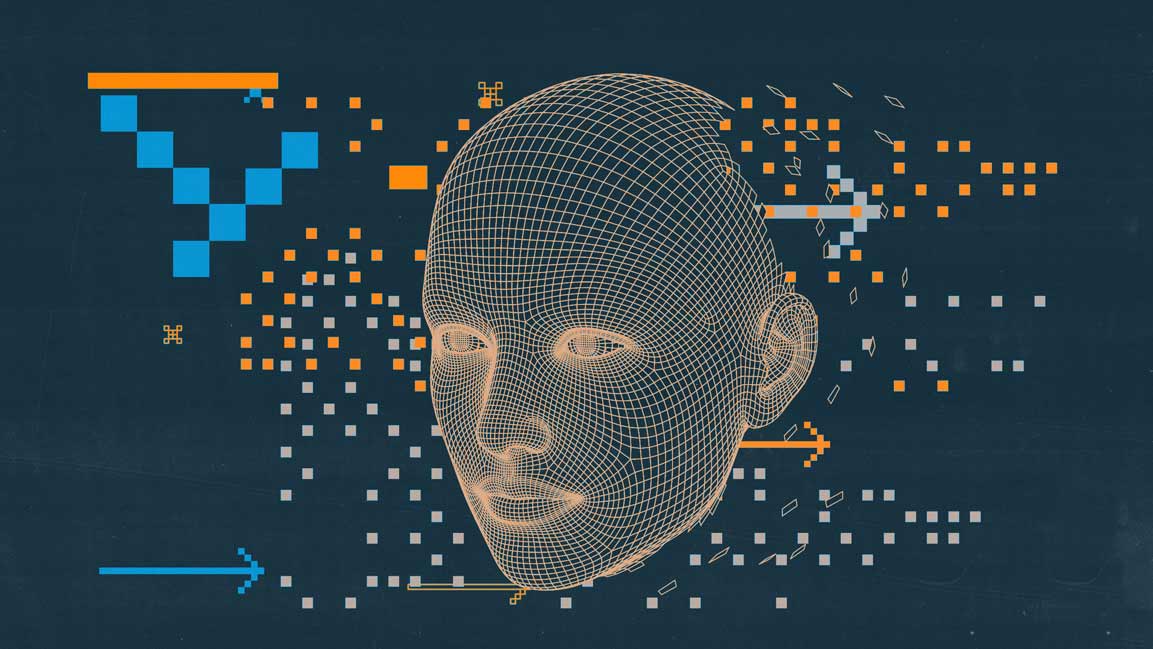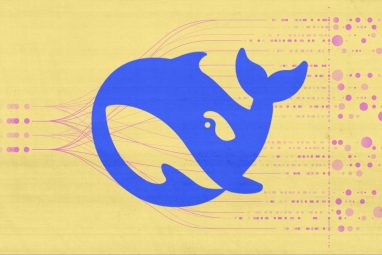Dubai Future Foundation and WEF Release Top 10 Emerging Technologies of 2025
With this report, WEF and DFF aim to provide the foresight needed to navigate the next decade of rapid and disruptive technological evolution.
Topics
News
- OpenAI Rebuilds Around Audio in Push Toward Voice-First AI
- DeepSeek Signals Next AI Model Direction With New Training Research
- “The Feed Is Dead” in the Age of AI, Says Instagram CEO
- NVIDIA Deepens AI Push With $5 Bn Intel Stake, $20 Bn Groq Deal
- What VCs Expect from Enterprise AI in 2026
- Manus Joins Meta in Major Bet on Autonomous AI Agents

[Image source: Chetan Jha/MITSMR Middle East]
As global challenges grow more complex and interconnected, from climate change and healthcare to data security and digital governance—technology is increasingly seen not just as a tool, but as a driver of systemic transformation.
In this context, the World Economic Forum (WEF), in collaboration with the Dubai Future Foundation (DFF), has released its Top 10 Emerging Technologies of 2025 report, spotlighting innovations with the potential to reshape industries, societies, and economies in the years ahead.
His Excellency Mohammad Abdullah Al Gergawi, Vice Chairman of the Board of Trustees and Managing Director of the Dubai Future Foundation, underscored how the rapid pace of technological change is opening new opportunities to grow future-oriented economic sectors and help governments create meaningful societal value.
“Readiness for future technologies – and the capacity to apply their diverse use cases – has become a key benchmark for governments and the private sector in designing and building the future,” Al Gergawi said. “We will continue to support active global partnerships and advancing research to anticipate emerging trends and technological opportunities.”
His comments were made during the official launch of the report, which aims to help policymakers, businesses, and innovators identify the breakthroughs most likely to achieve large-scale impact.
Al Gergawi added: “The Top 10 Emerging Technologies report aims to equip governments, businesses, and entrepreneurs with foresight on the most impactful scientific and technological breakthroughs expected to scale in the coming years.”
Technologies were selected based on novelty, scalability, and potential to address pressing global needs, particularly in health, sustainability, and infrastructure.
This edition introduces a new foresight component, developed in partnership with the Dubai Future Foundation, marking the first time an organization from the Middle East has contributed to the report. Initially launched by the WEF in 2011 with open-access science publisher Frontiers, this year’s edition includes insights from over 300 experts across the Global Future Council network.
The foresight perspective explores long-term implications and real-world applications of each technology to help stakeholders better prepare for transformative change.
Technologies featured in the 2025 report include:
- Green nitrogen fixation – sustainable ammonia production using renewable energy.
- GLP-1 receptor agonists – repurposed drugs showing promise against neurodegenerative diseases.
- Osmotic power systems – clean energy from salinity gradients between saltwater and freshwater.
- Collaborative sensing – connected sensor networks across vehicles and infrastructure.
- Nanozymes – robust synthetic alternatives to natural enzymes.
- Autonomous biochemical sensing – continuous, self-operating health and environmental monitors.
- Advanced nuclear technologies – next-gen reactors that are safer and more compact.
- Generative watermarking – tools to verify AI-generated content.
- Engineered living therapeutics – genetically modified microbes for targeted treatment delivery.
- Structural battery composites – materials that combine energy storage with load-bearing functions.
With this report, WEF and DFF aim to provide the foresight needed to navigate the next decade of rapid and disruptive technological evolution.








